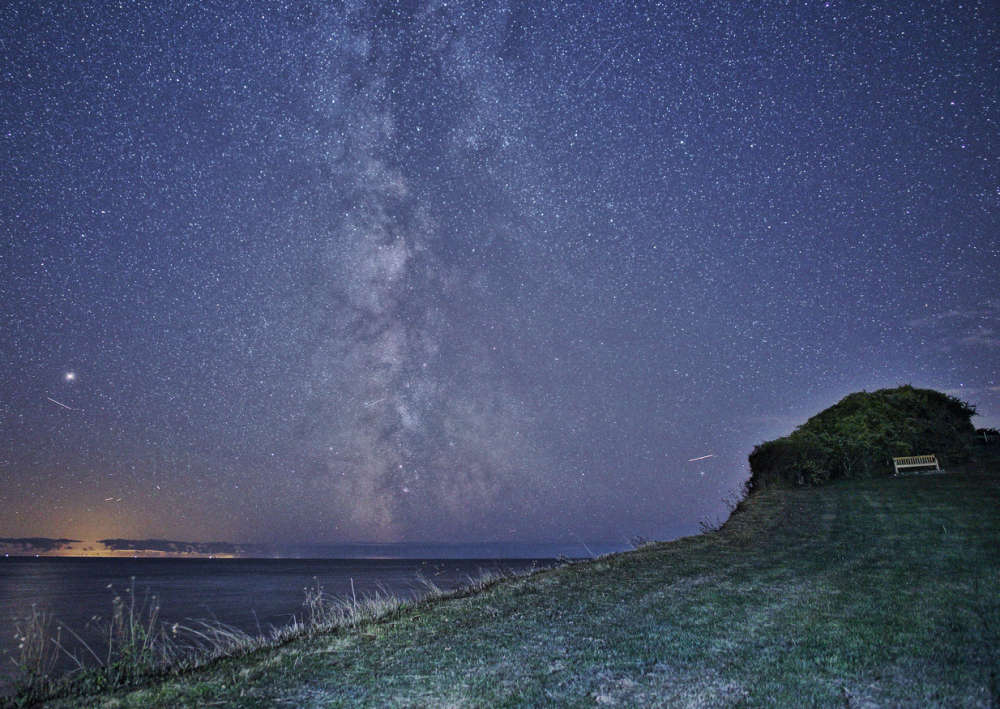
A fresh bid is set to be launched to unlock an accredited International Dark Skies Park (IDSP) on the Isle of Wight.
Ahead of an application to the International Dark Skies Association (IDA), the Isle of Wight Council will need to address issues that saw a previous IDSP attempt rejected.
According to the IDA, a dark sky park is an area of land possessing an exceptional or distinguished quality of starry night and a nocturnal environment protected for natural conversation that implements good outdoor lighting.
If the IDSP application is successful, the Isle of Wight would be only the third in England, with other locations in Bodmin and Northumberland.
There are seven dark sky reserves, which have a dark ‘core’ zone surrounded by populated areas, in the UK, including in the Brecon Beacons, South Downs and Yorkshire Dales.
The Isle of Wight Council is looking to introduce a park that will stretch between Freshwater, Chale and the edge of Newport, hoping to add to the Island’s eco-tourism offer.
The benefits of an IDSP could see more visitors to the Island to have a better view of the stars as well as lessening the disturbance on nocturnal wildlife and their habitats.
However, one of the previous problems with the area was too-blue LED street lights, which a council spokesperson confirmed need replacing with warmer light to meet the requirements of the application.
When energy-efficient LED lighting was first introduced bulbs emitted ‘excessive amounts’ of blue light, the IDA say, typically measuring 5,000 Kelvin or more in the colour spectrum.
Harsh LED lighting, above 3,000 Kelvin, produces glares that can affect dark skies and make it harder to see the natural nightscapes.
To replace the street lights in the potential dark skies park with warmer bulbs could cost £50,000. All street lighting on the Island, in council control, was replaced by Island Roads under the Highways PFI contract between 2013 and 2016, to help make them more energy efficient.
An Island Roads spokesperson said they are delighted to continue working with the council to provide a safe street light network that also helps meet their environmental responsibilities and are very happy to actively support the council in its dark skies ambition.
In the draft Island Planning Strategy, produced earlier this year, the council has proposed a policy solely for, and to protect, a dark skies park.
If introduced, it would limit the lighting that can be installed on properties in the park, so it would not jeopardise the IDSP accreditation.
Cabinet will decide whether to approve the application for the IDSP status at its December meeting.

 Man Arrested On Suspicion Of Rape Following Meeting With Underage Girl
Man Arrested On Suspicion Of Rape Following Meeting With Underage Girl
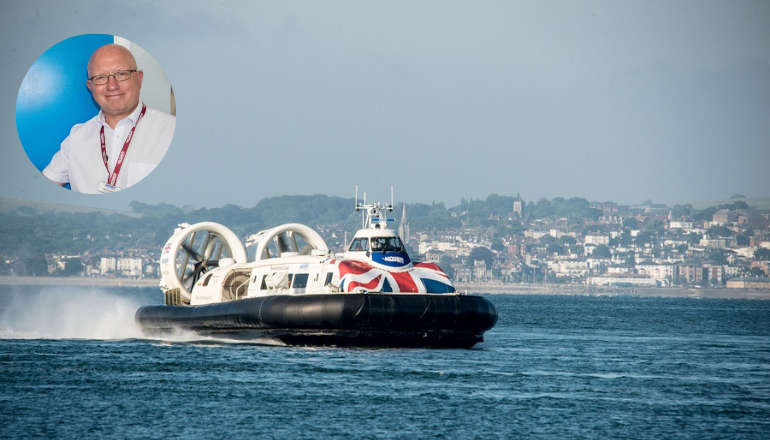 Hovertravel Boss To Step Down After 15 Years At The Helm
Hovertravel Boss To Step Down After 15 Years At The Helm
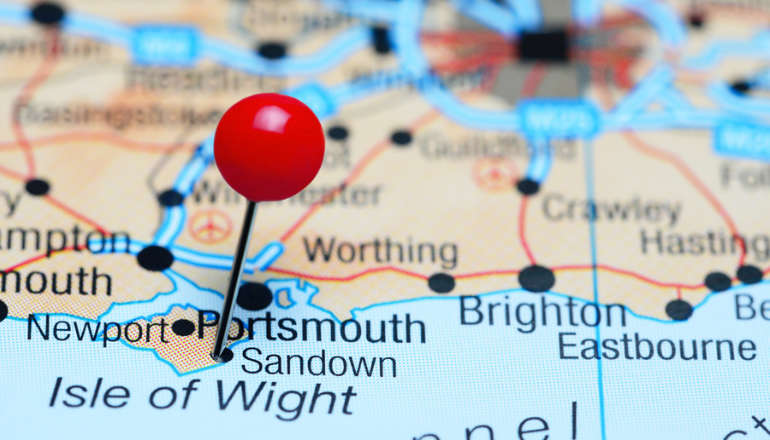 Owners Of Seaside Town 'Eyesore' Fail To Carry Out Works Despite £8,000 Fine
Owners Of Seaside Town 'Eyesore' Fail To Carry Out Works Despite £8,000 Fine
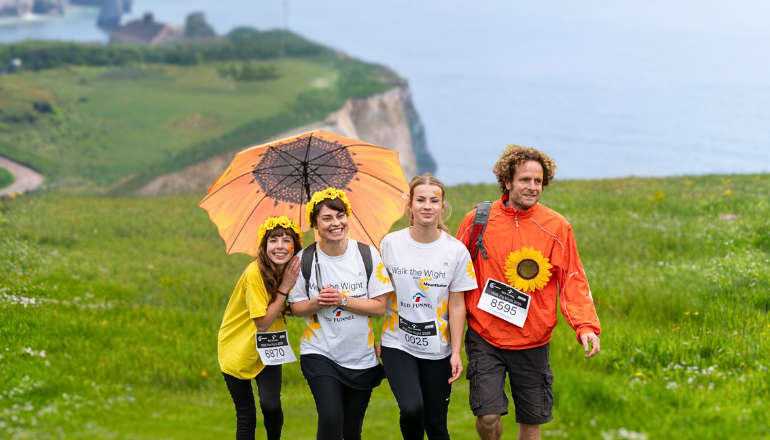 Celebrating 35 Years Of Walk The Wight: Registration Opens For 2025
Celebrating 35 Years Of Walk The Wight: Registration Opens For 2025
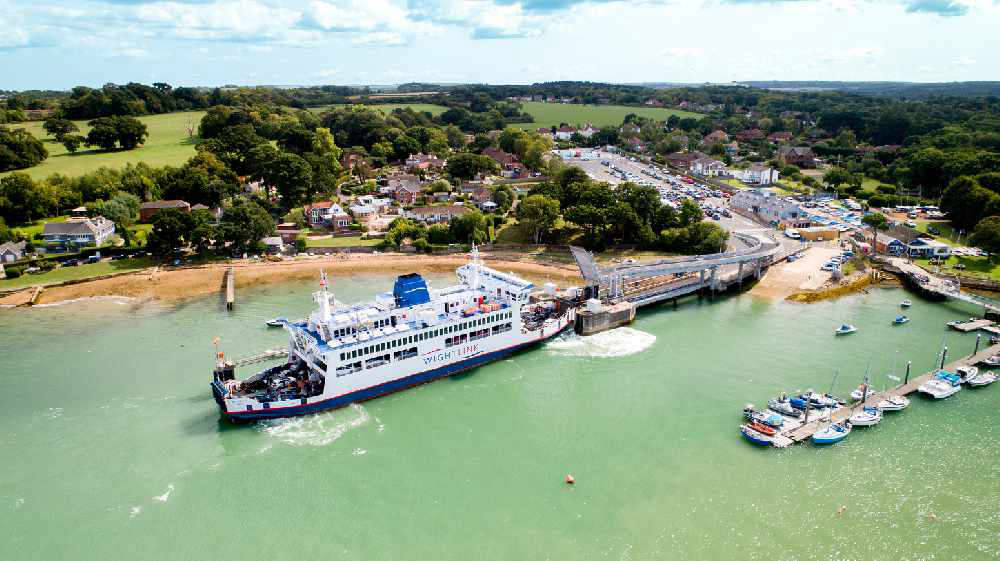 Emergency Services Called To Wightlink Ferry After 'Sudden Death' Of Man
Emergency Services Called To Wightlink Ferry After 'Sudden Death' Of Man
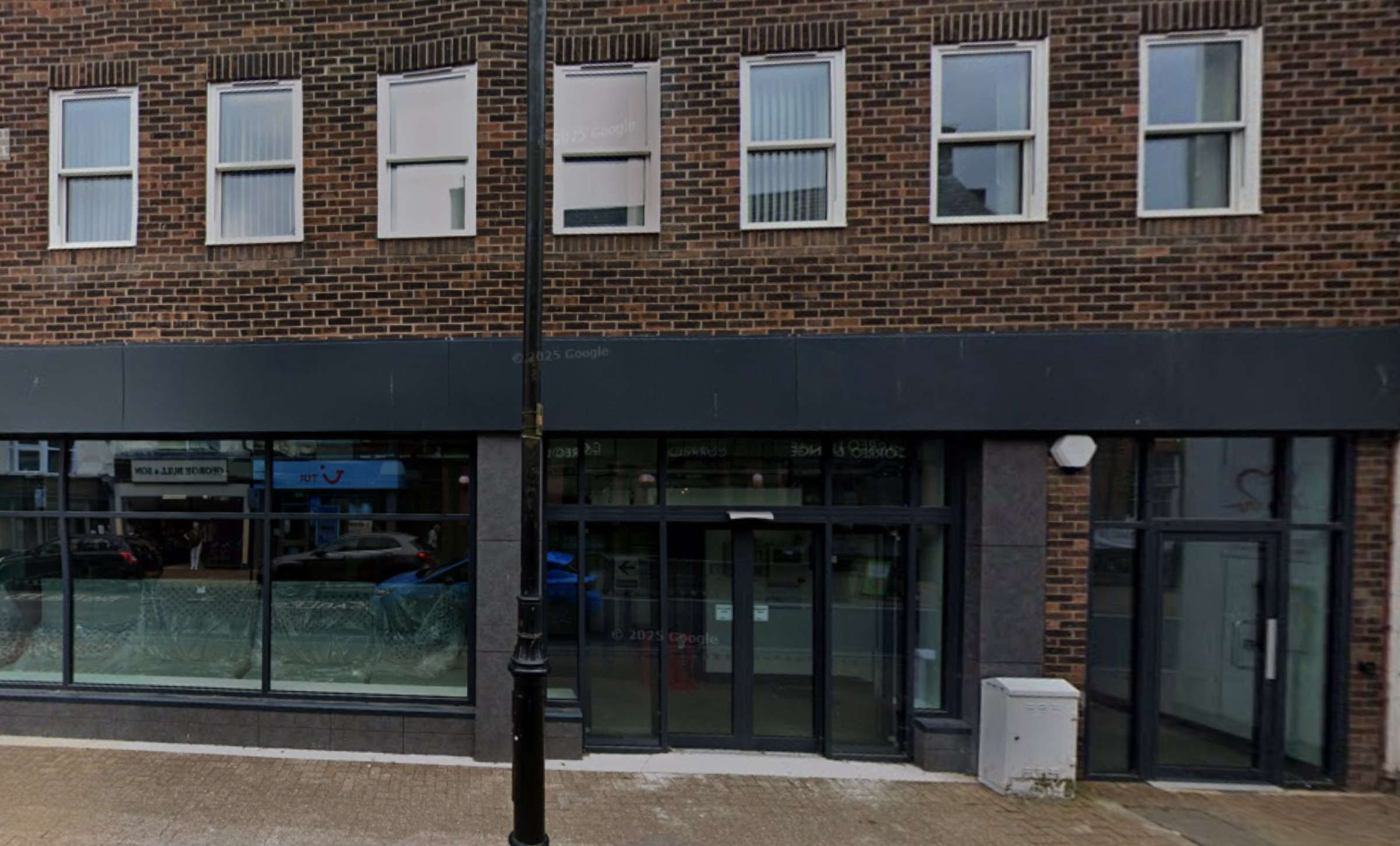 New £6.7m Mental Health Facility To Open On Newport High Street
New £6.7m Mental Health Facility To Open On Newport High Street
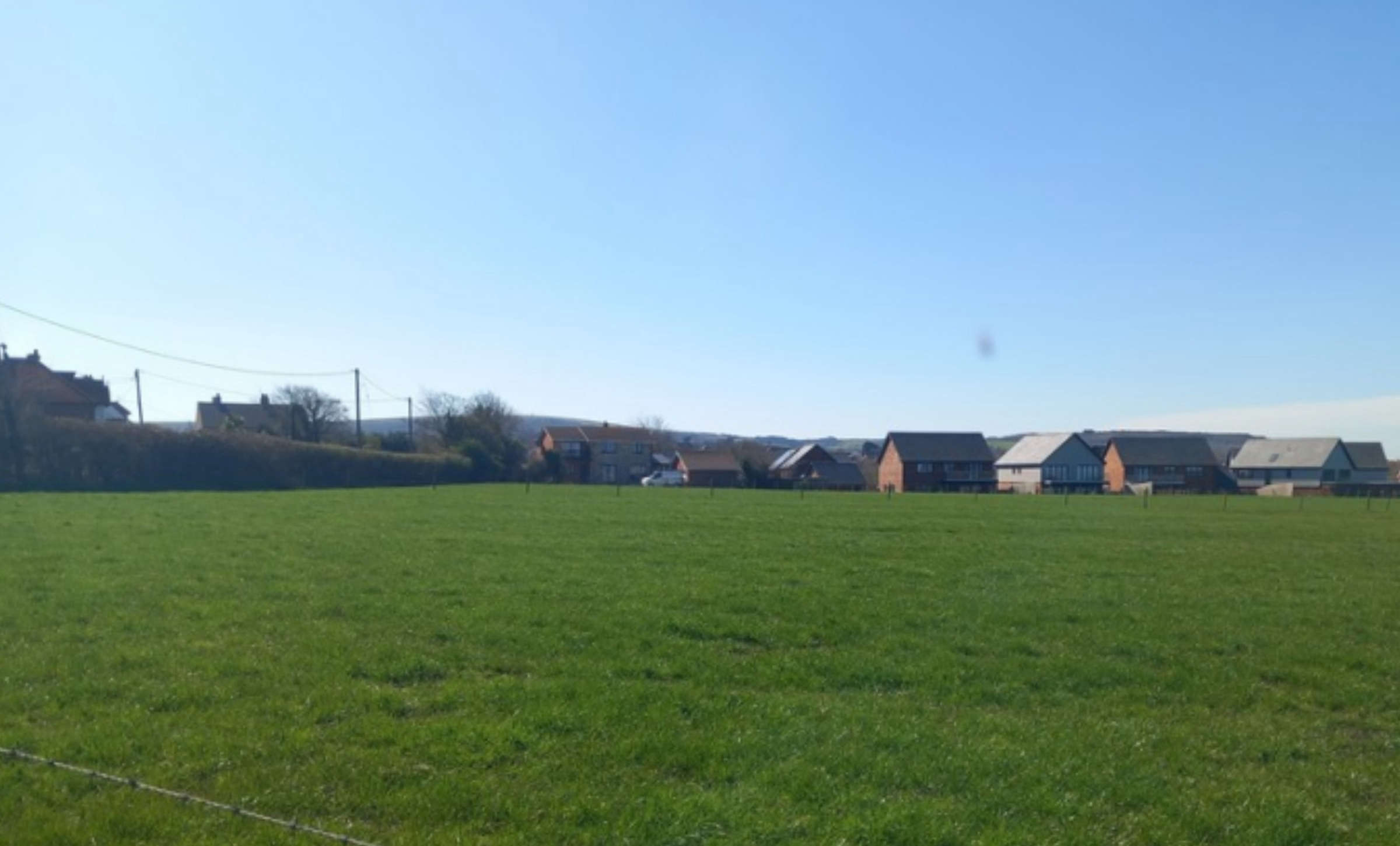 'Shocking, Misplaced And Reckless': Village Residents Hit Out At Housing Plan
'Shocking, Misplaced And Reckless': Village Residents Hit Out At Housing Plan
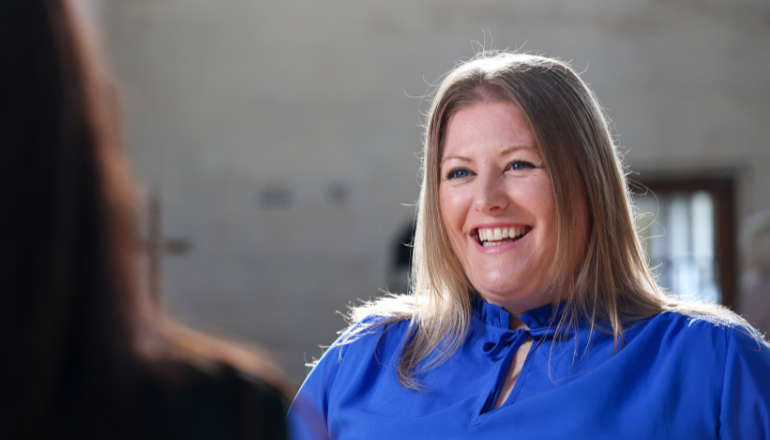 Highest Number Of Police Officers For Hampshire And Isle Of Wight Constabulary In A Decade
Highest Number Of Police Officers For Hampshire And Isle Of Wight Constabulary In A Decade
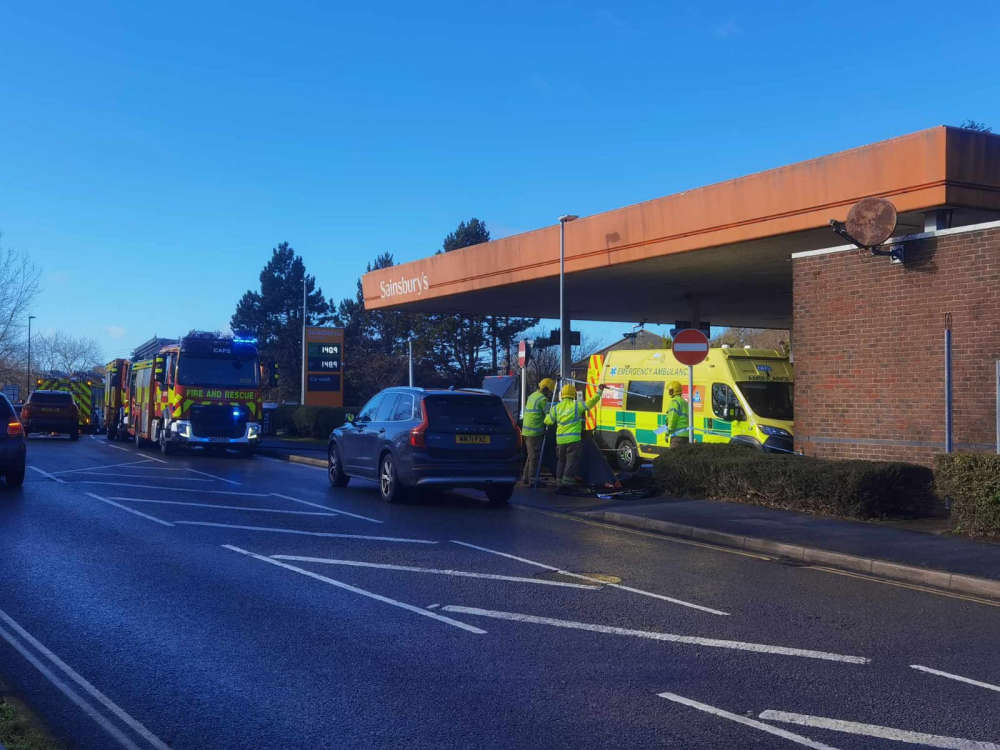 Emergency Services Called To Newport Petrol Station After Car Crashes Into Kiosk
Emergency Services Called To Newport Petrol Station After Car Crashes Into Kiosk
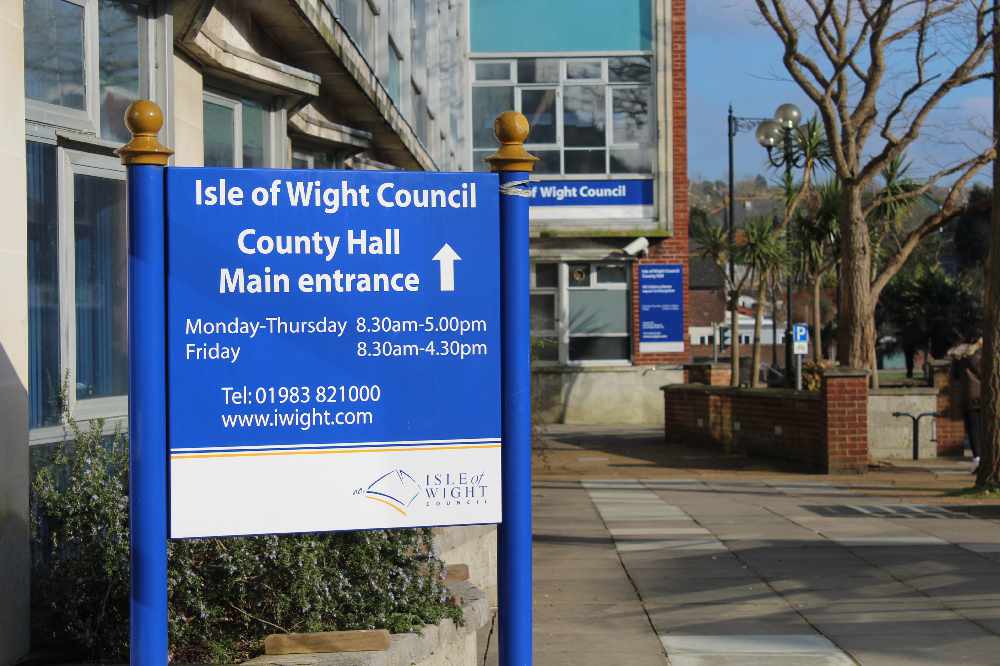 "There's Likely To Be In Excess Of 200 Redundancies": Island Trade Unionists On School Plans
"There's Likely To Be In Excess Of 200 Redundancies": Island Trade Unionists On School Plans
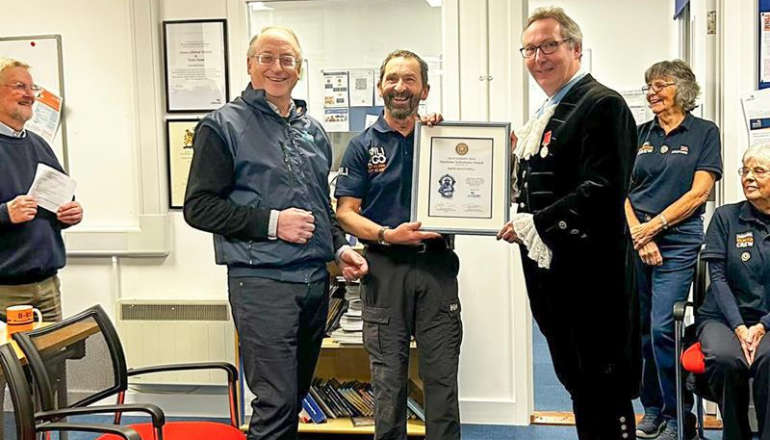 High Sheriff Presents Inaugural Maritime Volunteers Award To Cowes RNLI Station
High Sheriff Presents Inaugural Maritime Volunteers Award To Cowes RNLI Station
 Education Cabinet Member Faces Renewed Round Of Questions From Concerned Residents
Education Cabinet Member Faces Renewed Round Of Questions From Concerned Residents
 Man Jailed After burglaries Armed With Baseball Bat And Firearm
Man Jailed After burglaries Armed With Baseball Bat And Firearm
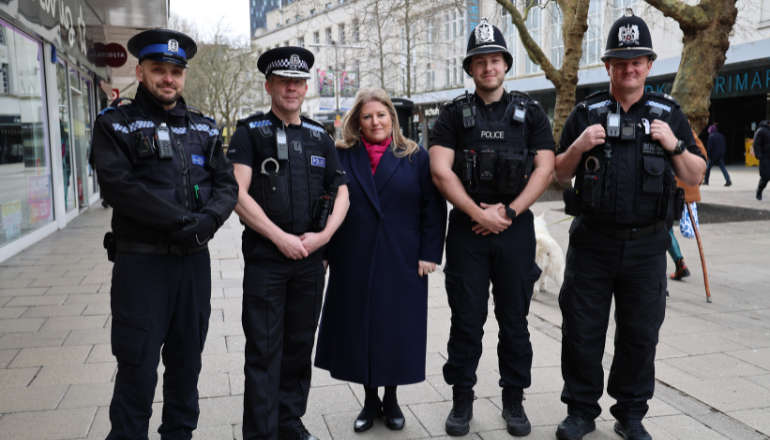 Retailers Say Hampshire & Isle Of Wight Constabulary Is Best At Responding To Retail Crime
Retailers Say Hampshire & Isle Of Wight Constabulary Is Best At Responding To Retail Crime
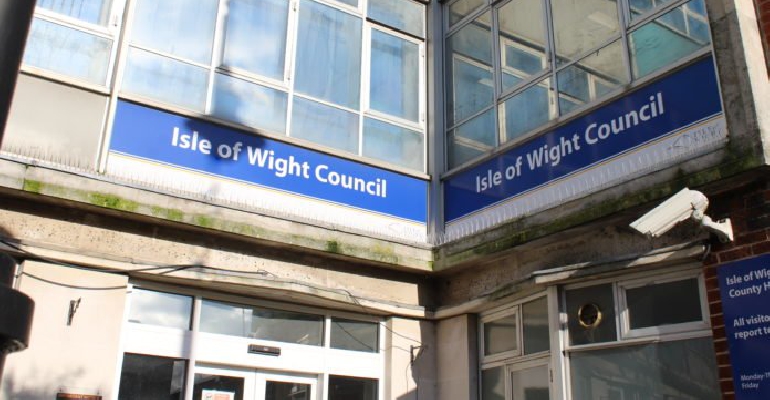 Full Council Opposes School Closure Plans In Blow To Cabinet
Full Council Opposes School Closure Plans In Blow To Cabinet
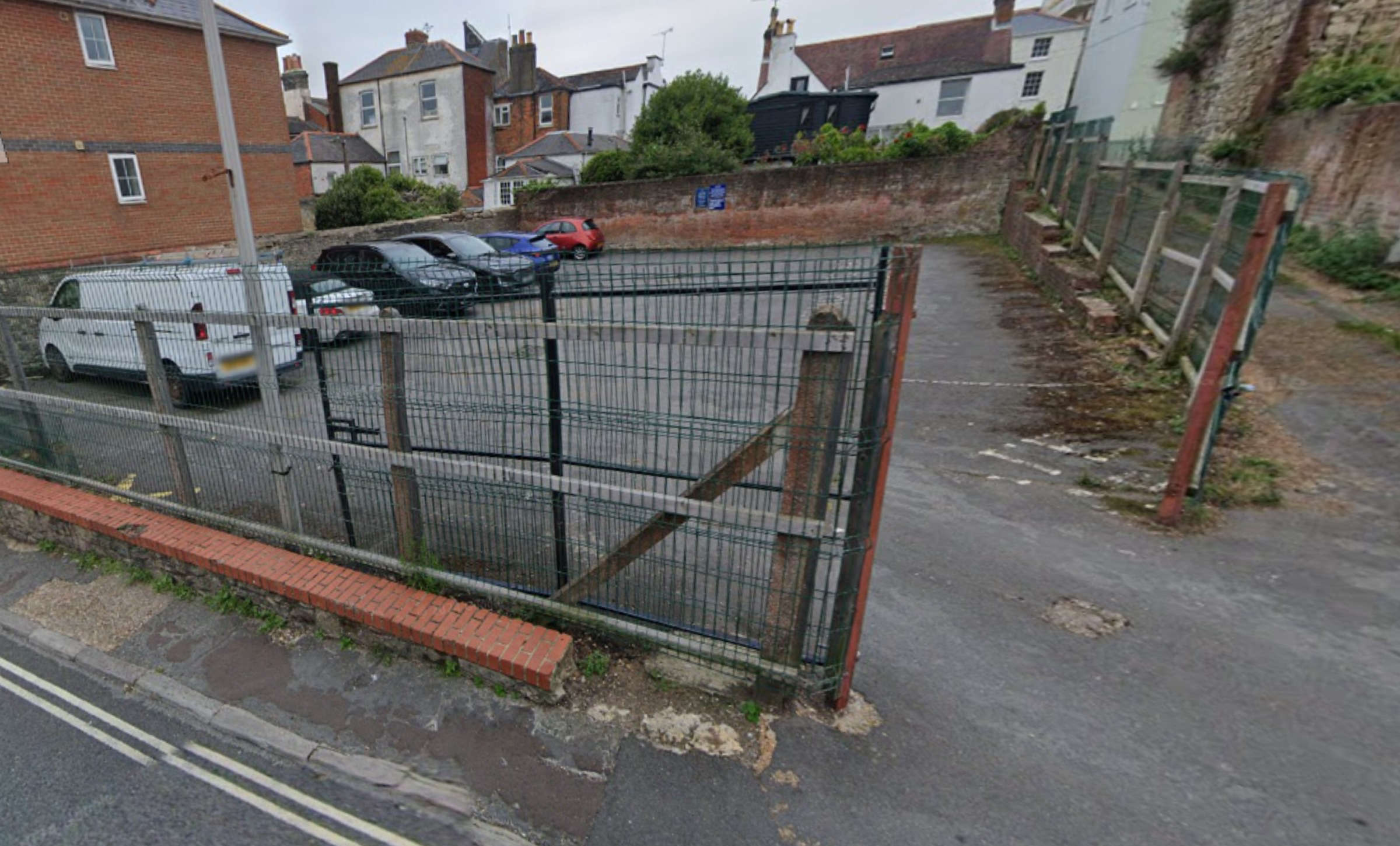 Eight Electric Vehicle Charging Bays Could Be Installed In Isle Of Wight Town Centre
Eight Electric Vehicle Charging Bays Could Be Installed In Isle Of Wight Town Centre
 New Drop-In Sessions Announced For Isle Of Wight Dementia Strategy Review
New Drop-In Sessions Announced For Isle Of Wight Dementia Strategy Review
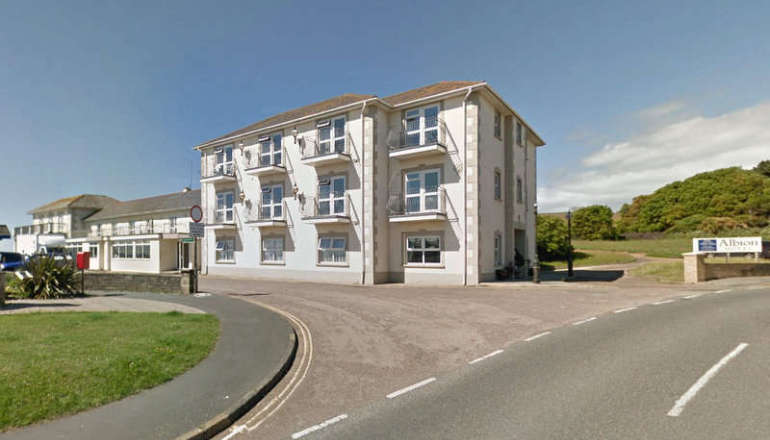 Plans To Enhance Luxury Freshwater Seafront Hotel Approved
Plans To Enhance Luxury Freshwater Seafront Hotel Approved
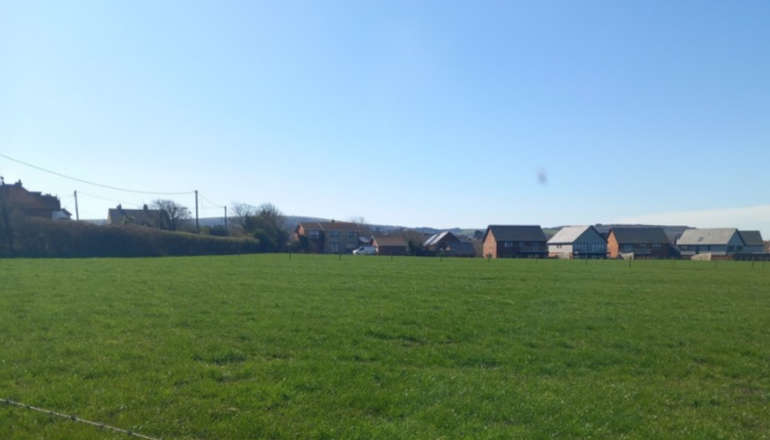 Thousands Of Pounds Of Investment Needed If Housing Development Goes
Thousands Of Pounds Of Investment Needed If Housing Development Goes


